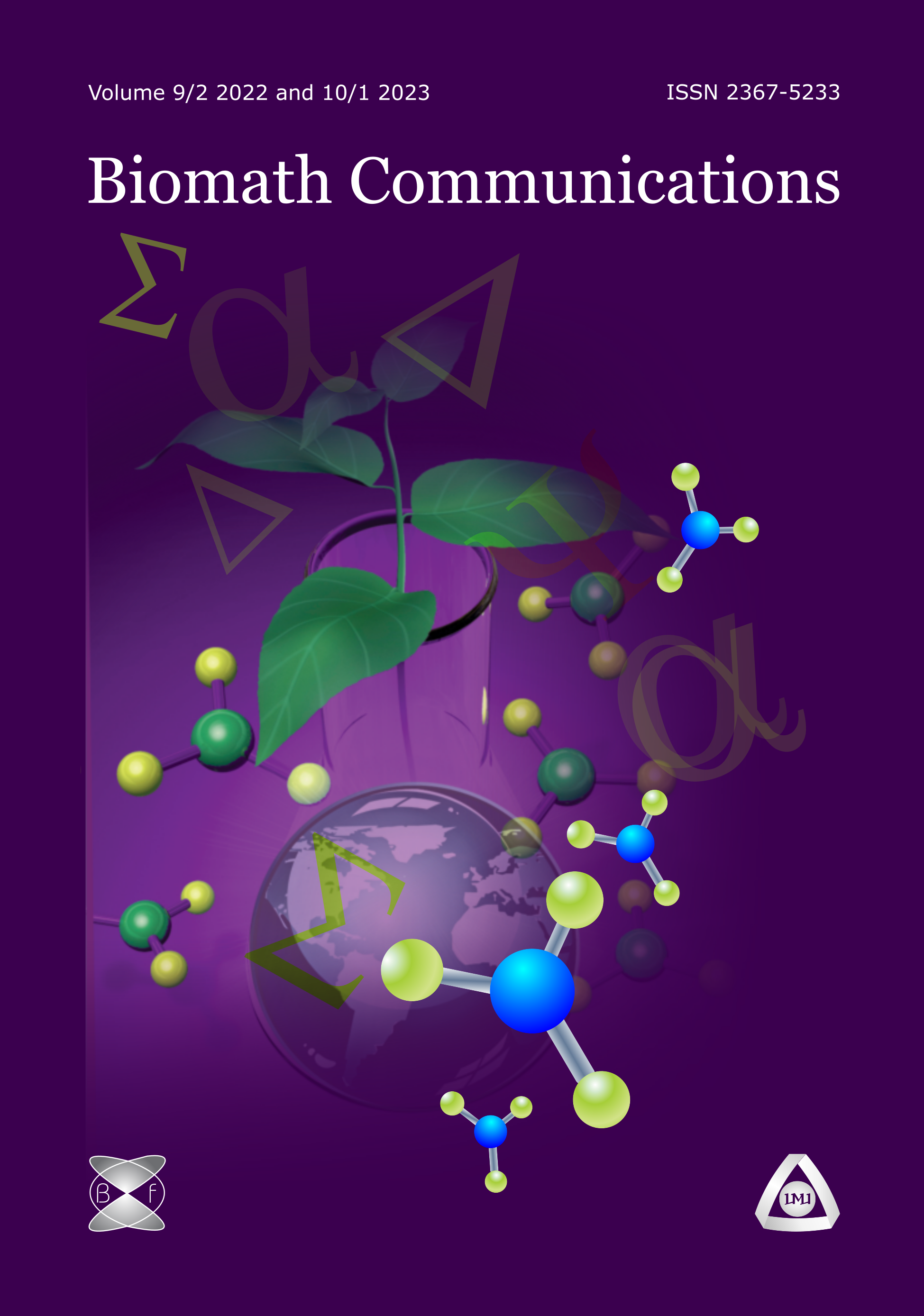Impact of Beliefs on the Spread of Ebola
DOI:
https://doi.org/10.11145/527Abstract
Ebola spreads by contact with fluids of an infected person such as sweat, blood, saliva, etc. The factors that can enhance the spread of Ebola are hygienic, cultural and religious. African villages and towns have communal water collection points that use borehole pumps. Individuals whose disease status is still asymptomatic can spread the disease to many people before anybody is aware there is an infectious disease around. In Africa we queue for anything in the banks, post offices, etc. In these places we meet friends whom we greet by shaking hands. If an infected person has sweaty hands the possibility of passing on the disease is there (small probability though). African funerals are probably the most likely places where Ebolathrives. Africans enjoy washing dead relatives, clothe the dead relatives, etc. All these are are ways in which Ebola can spread.The health care systems are over burdened. Children are made to share beds in most hospitals. One child can easily pass on the disease to the other and to family of each child. Cultural practices are responsible for most of the disease spread. In Africa we eat from a common plate and wash hands from the same dish. As part of the Christian faith we shake hands to show our love for each other. Potentially this is another way Ebola can spread. We have developed a mathematical model to investigate the impact of various practices on the spread of Ebola. The model includes infection of susceptible individuals by the reservoir, infected humans and the dead. Reference will be made to the current Ebola epidemic in West Africa. Can deterministic models explain the characteristics of Ebola dynamics? We compare the results given by deterministic and stochastic models.Downloads
Published
Issue
Section
License
The journal Biomath Communications is an open access journal. All published articles are immeditely available online and the respective DOI link activated. All articles can be access for free and no reader registration of any sort is required. No fees are charged to authors for article submission or processing. Online publications are funded through volunteer work, donations and grants.
Authors who publish with this journal agree to the following terms:
- Authors retain copyright and grant the journal right of first publication with the work simultaneously licensed under a Creative Commons Attribution License 4.0 that allows others to share the work with an acknowledgement of the work's authorship and initial publication in this journal.
- Authors are able to enter into separate, additional contractual arrangements for the non-exclusive distribution of the journal's published version of the work (e.g., post it to an institutional repository or publish it in a book), with an acknowledgement of its initial publication in this journal.
- Authors are permitted and encouraged to post their work online (e.g., in institutional repositories or on their website) prior to and during the submission process, as it can lead to productive exchanges, as well as earlier and greater citation of published work (See The Effect of Open Access).

